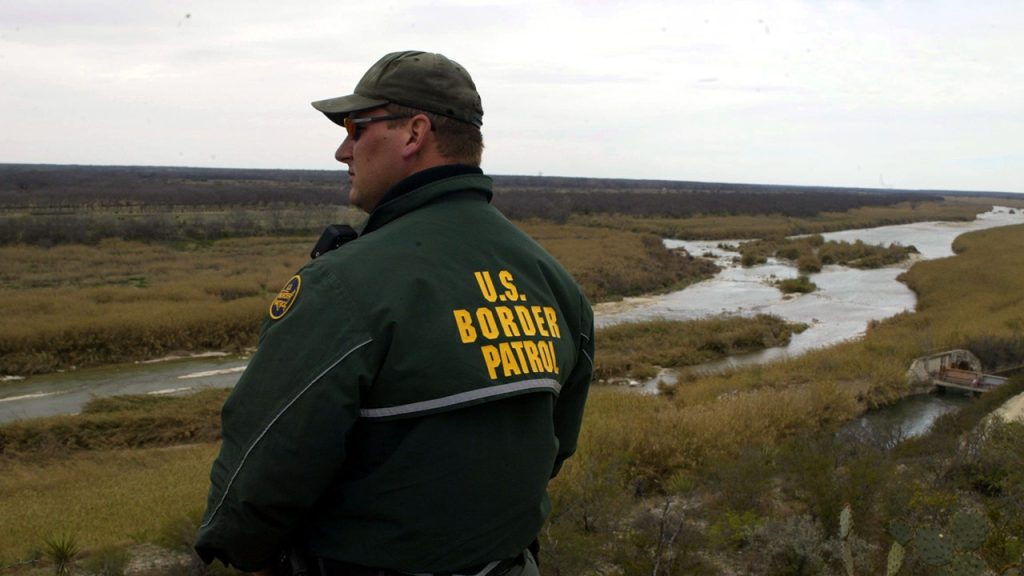The U.S. Customs and Border Protection (CBP) is sounding the alarm about a pervasive phone scam targeting individuals nationwide, aiming to deceive them into divulging sensitive personal information that could compromise their financial security. These fraudulent callers impersonate CBP officers and Border Patrol agents, employing tactics of both enticement and intimidation. Some scammers lure victims with promises of monetary rewards in exchange for information, while others instill fear by threatening imminent law enforcement action. This sophisticated scheme underscores the increasing prevalence of impersonation scams and the need for heightened vigilance among the public.
The CBP has issued repeated warnings, particularly following a surge in reports from concerned citizens who have fallen prey to these deceptive calls. The agency emphasizes that its officers will never solicit money or Social Security numbers over the phone, especially not in connection with suspected illegal activities. Legitimate law enforcement investigations follow established protocols and do not involve such unsolicited phone calls. The CBP urges the public to be wary of any calls claiming involvement of the agency in drug or money shipments, regardless of how convincing the caller may sound.
The scammers’ tactics are often highly sophisticated, leveraging readily available information to enhance their credibility. They may provide the names and phone numbers of actual CBP employees, gleaned from public sources, to create a veneer of authenticity. In some cases, they even fabricate case and badge numbers, further bolstering their impersonation and making it more difficult for victims to discern the fraudulent nature of the call. This level of detail highlights the lengths to which these criminals will go to exploit the trust placed in law enforcement agencies.
The scam often begins with a pre-recorded message, alerting the recipient to an intercepted shipment of drugs or money supposedly bearing their name. This message instructs them to press 1 to connect with a live “agent,” who then proceeds with the deceptive interaction. This automated approach allows the scammers to cast a wide net, reaching a large number of potential victims with minimal effort. Once connected, the live scammer employs various manipulative techniques to extract personal information or financial resources from the unsuspecting individual.
The CBP strongly advises anyone receiving such calls to refrain from providing any information. Instead, they should hang up immediately and report the incident to the Federal Trade Commission (FTC), which is the primary agency responsible for addressing consumer fraud. Reporting these incidents is crucial in helping law enforcement track these scams, identify the perpetrators, and ultimately prevent further victimization.
To protect themselves from these increasingly sophisticated scams, the CBP reminds the public of four key points: First, CBP officers will never make unsolicited calls promising money or threatening legal action. Second, the agency never requests payment through unconventional methods such as gift cards, cryptocurrency, or wire transfers. Third, caller ID cannot be relied upon for verification, as scammers can easily spoof phone numbers to appear legitimate. Finally, if there is any doubt about the authenticity of a call or email purporting to be from CBP, individuals should independently verify by searching for the agency’s official website and contacting them through the listed channels. By remaining vigilant and following these guidelines, the public can significantly reduce their risk of falling victim to these fraudulent schemes.

